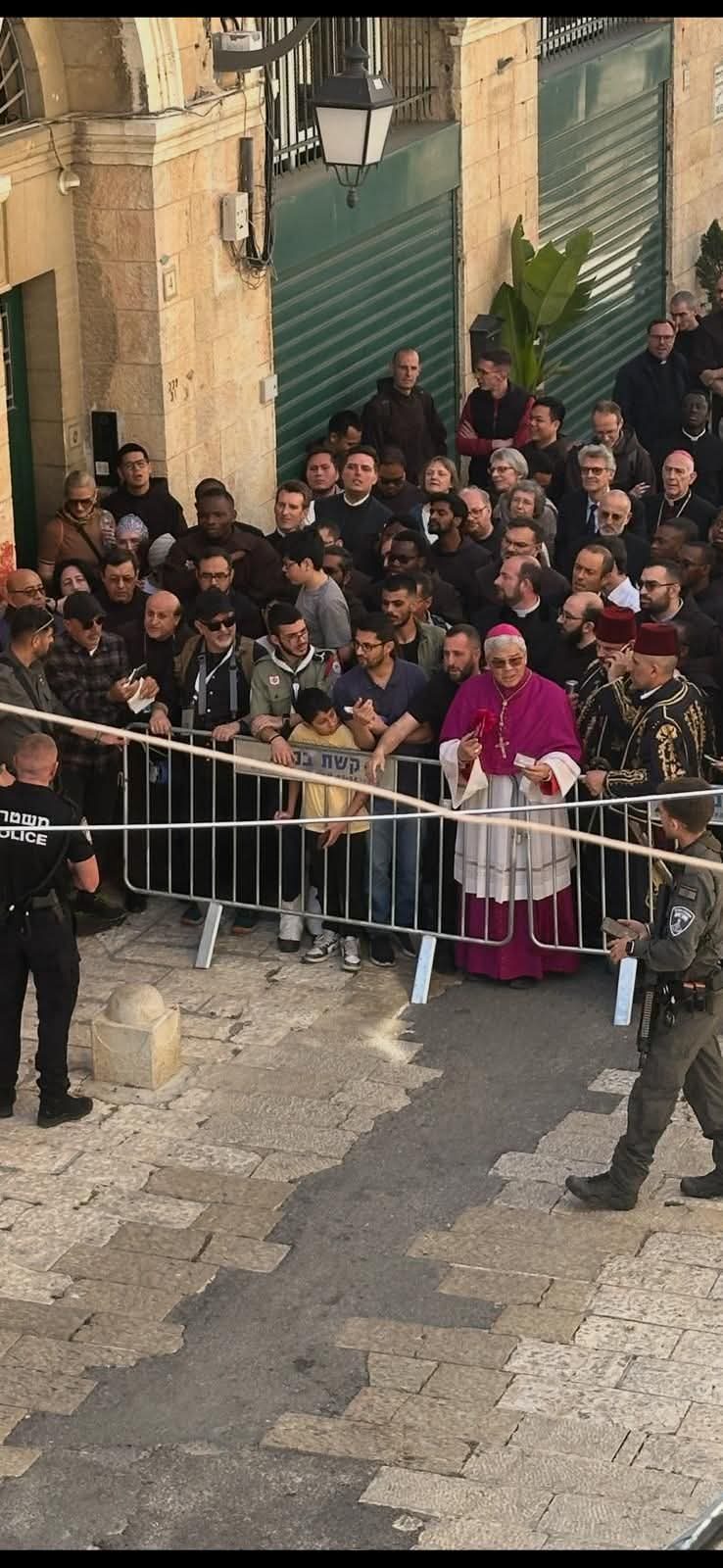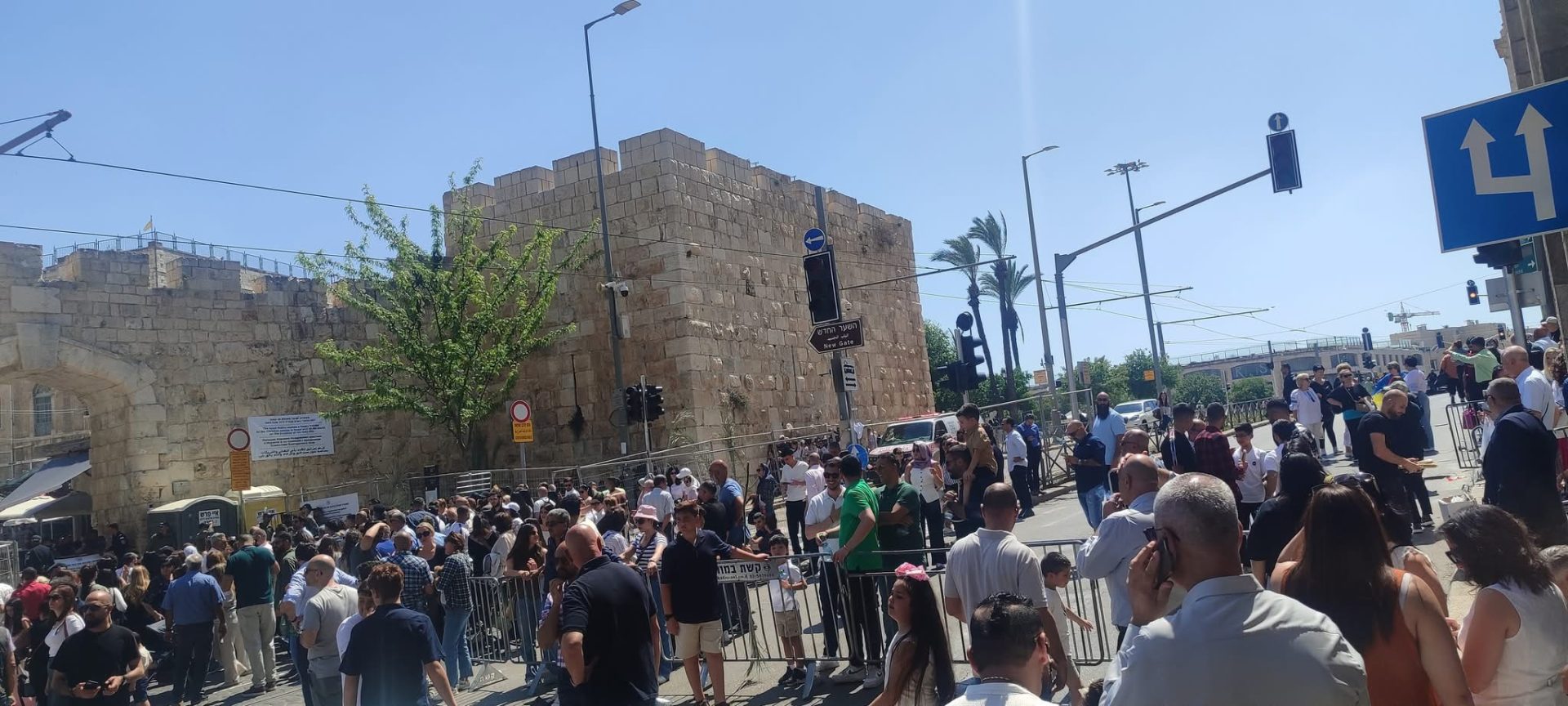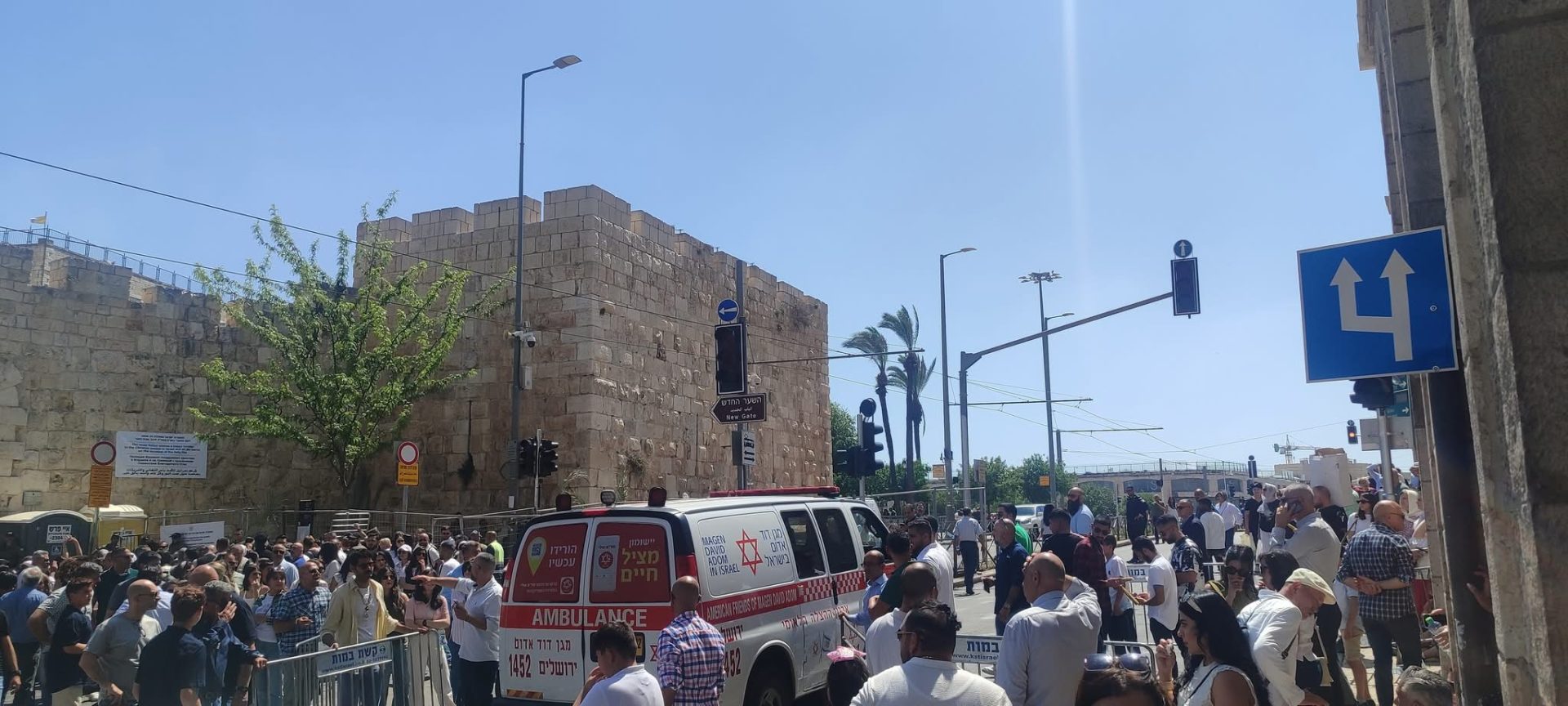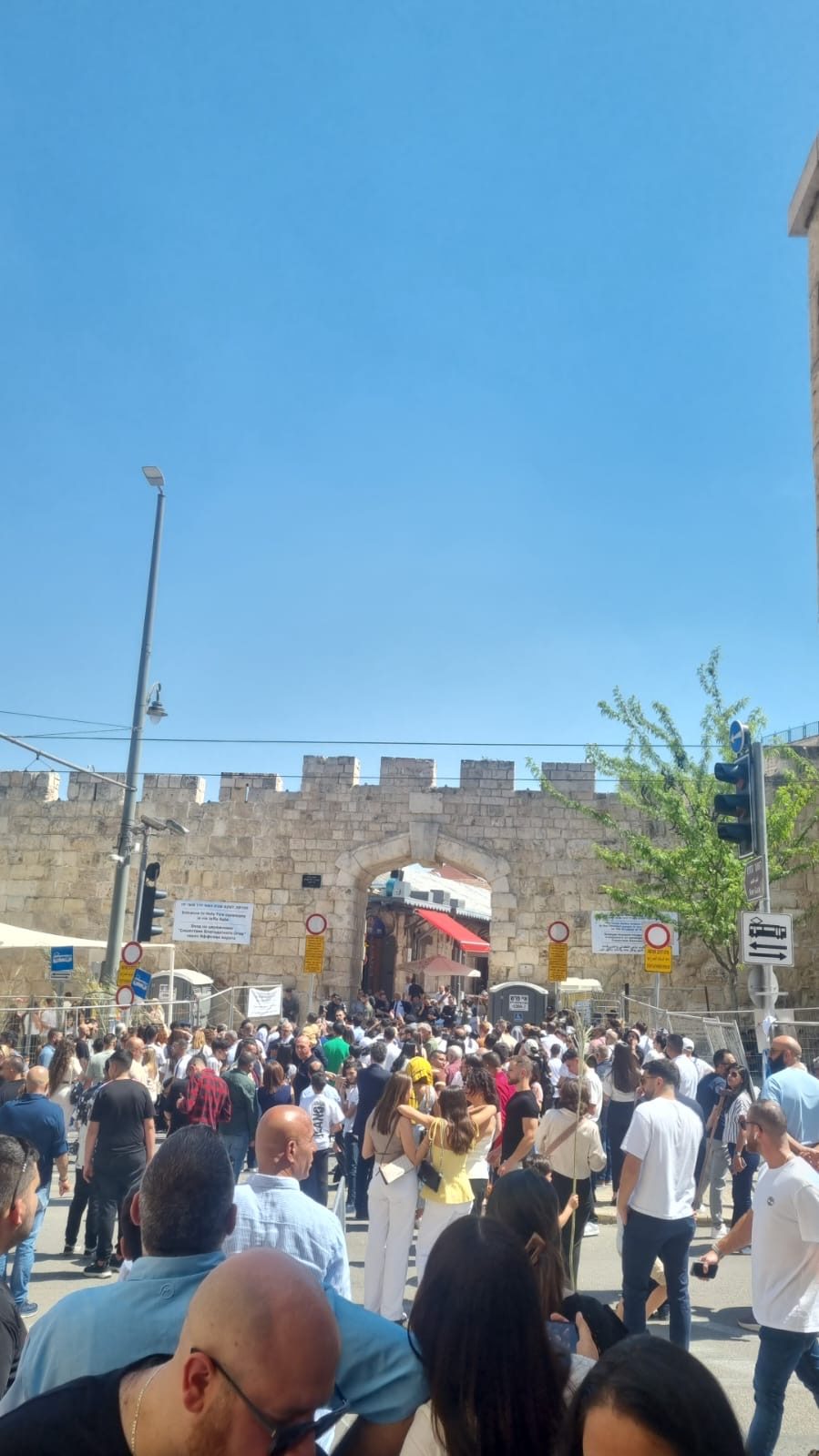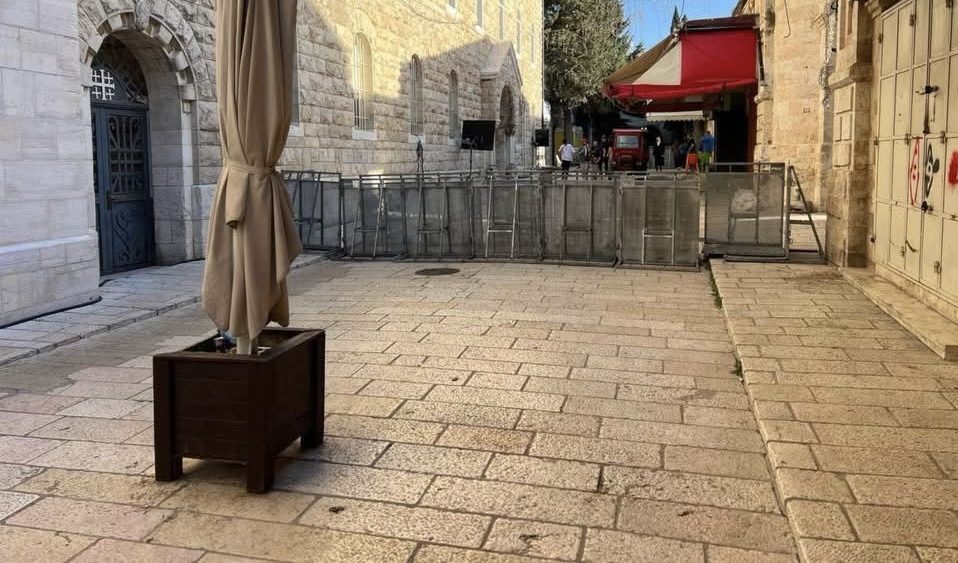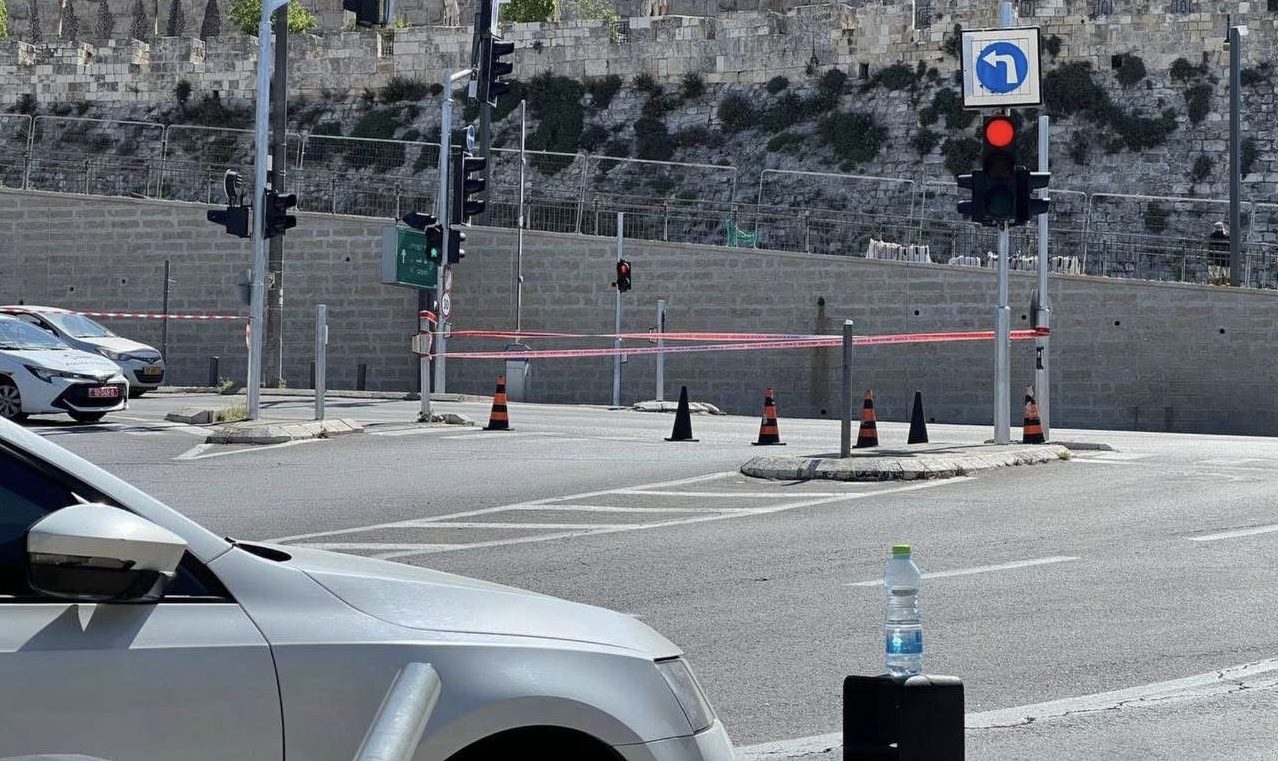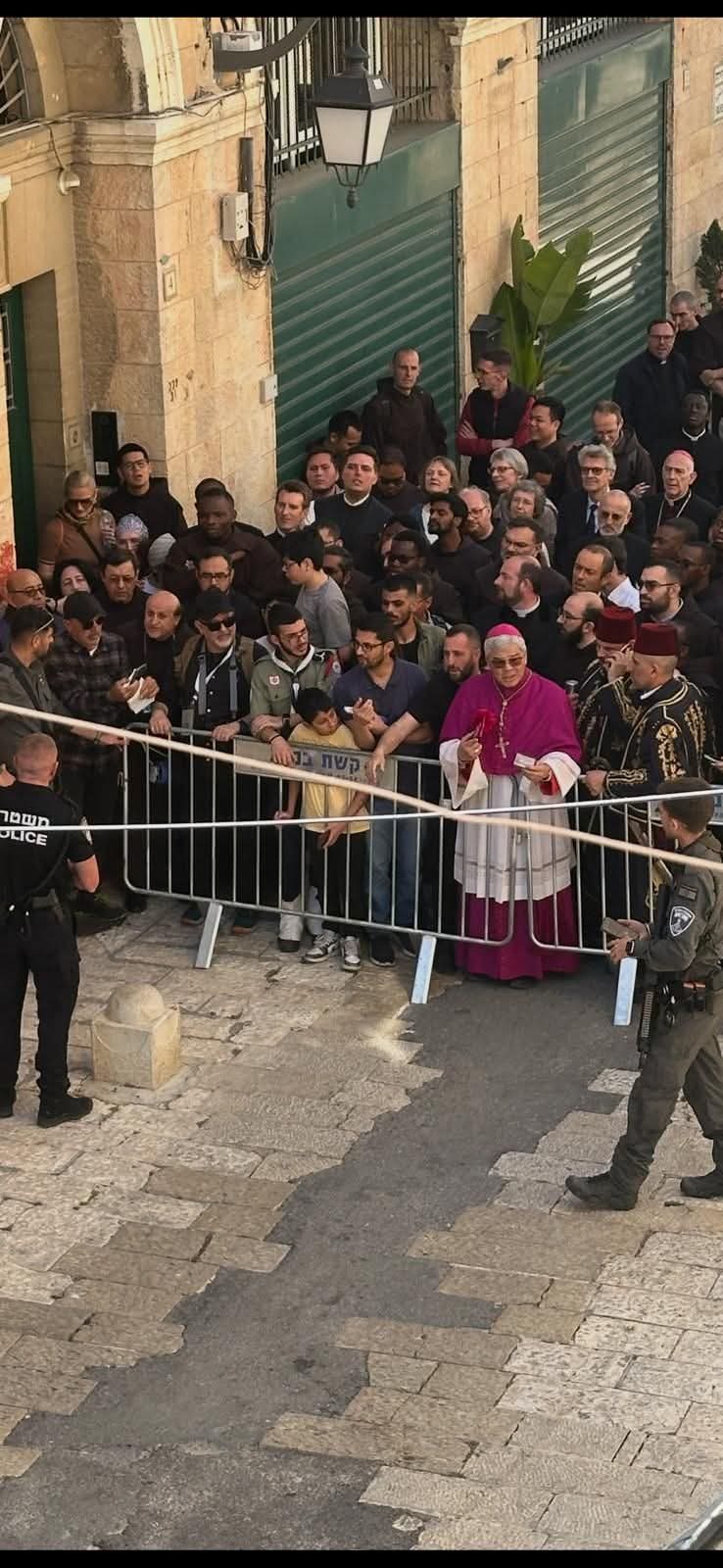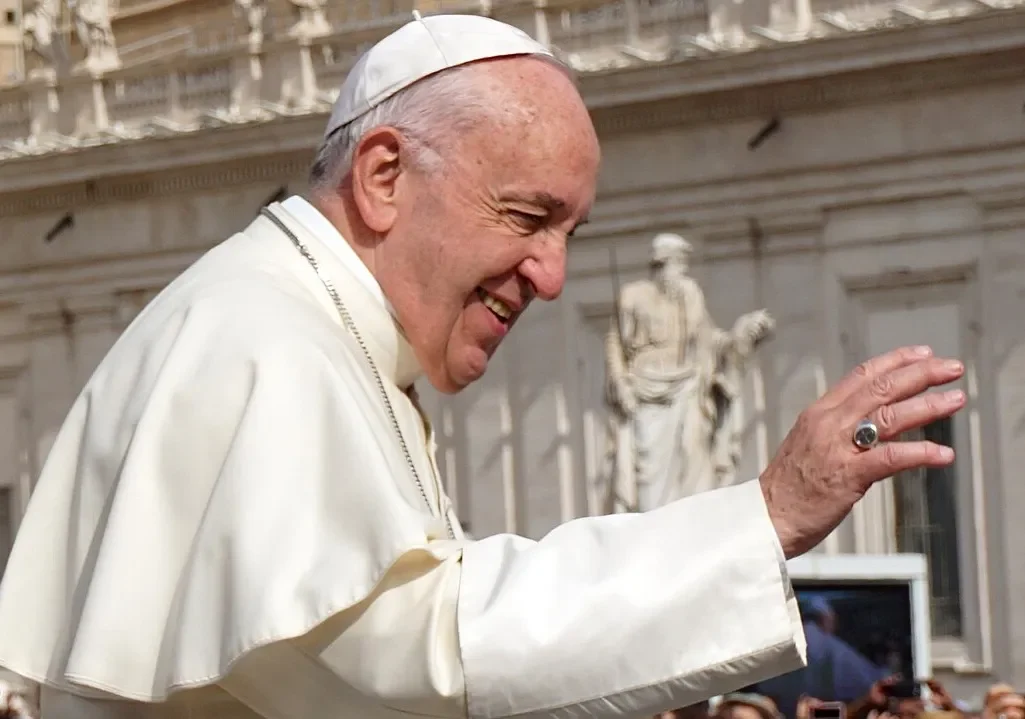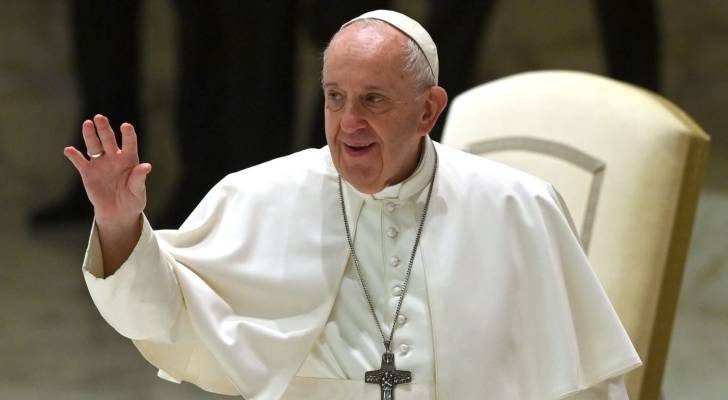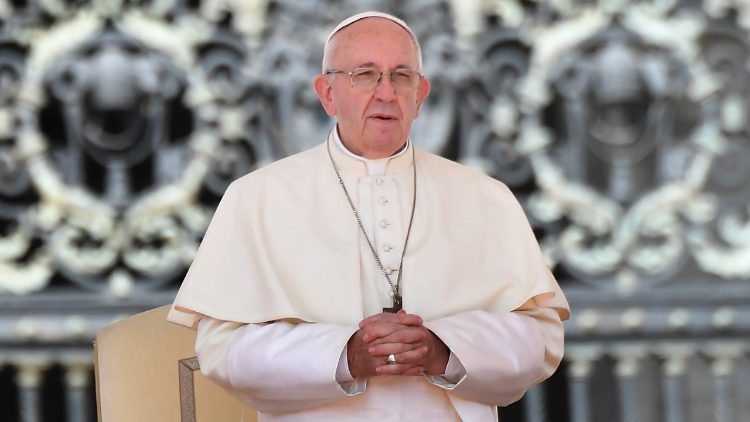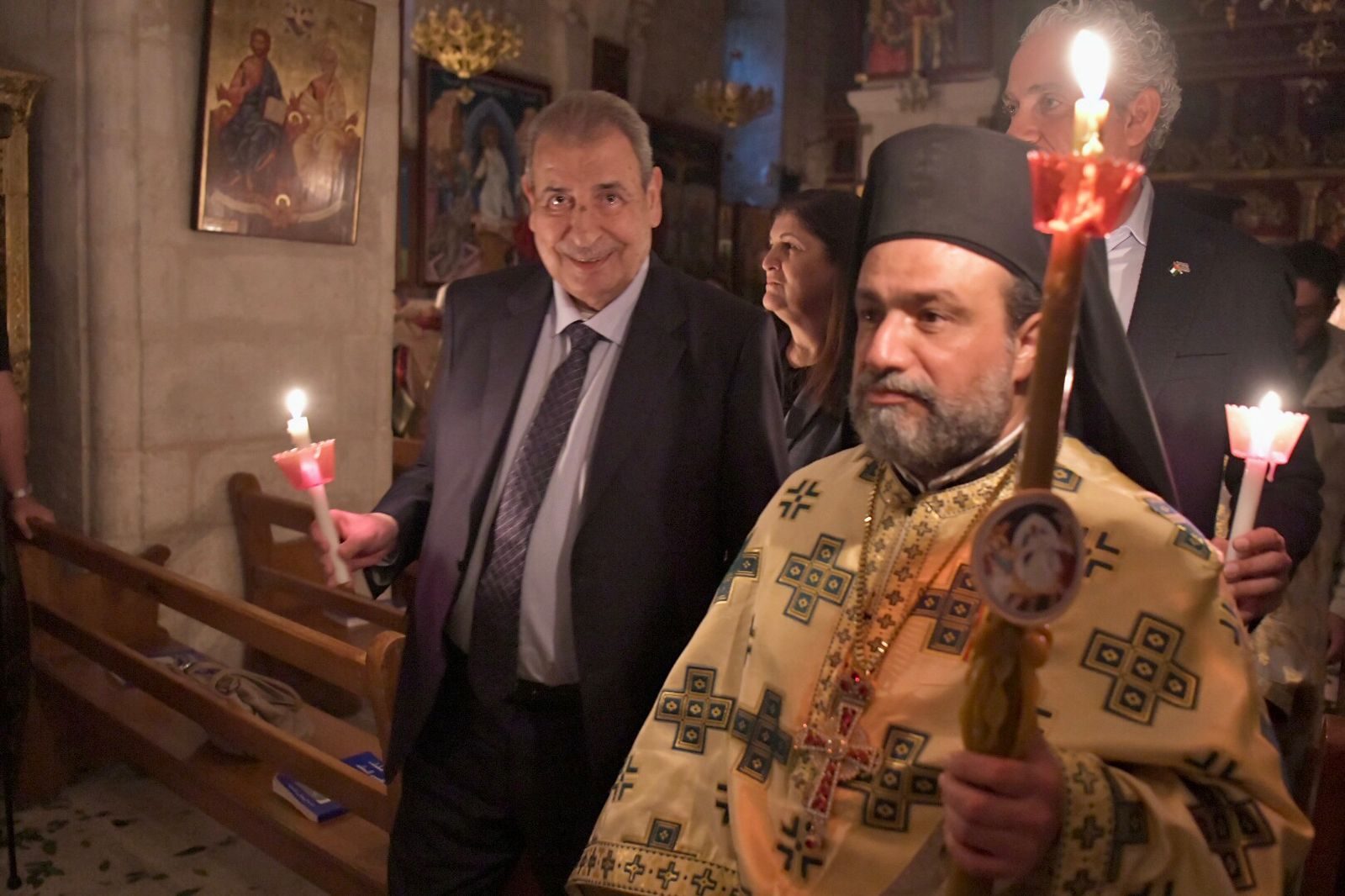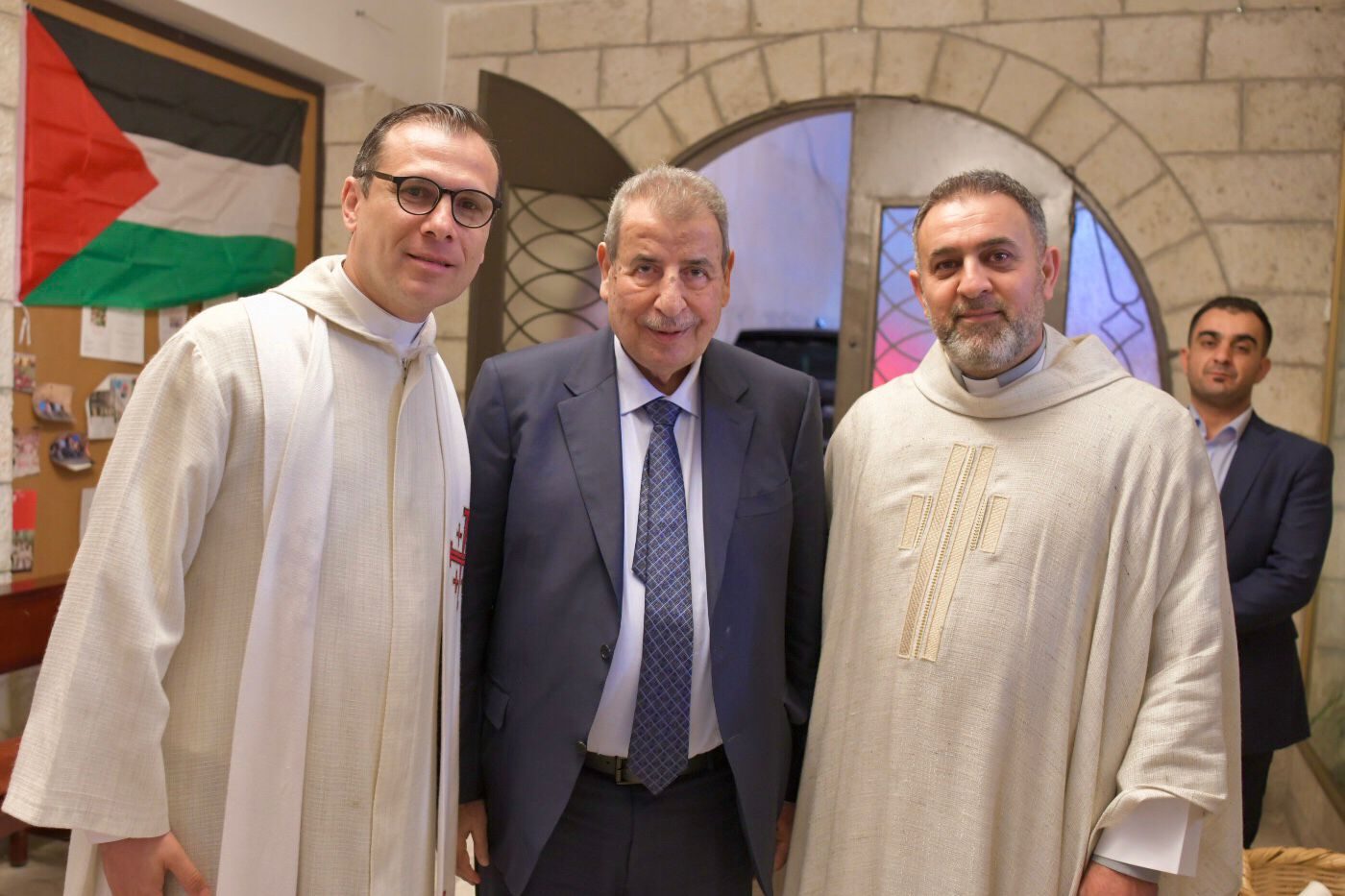The Higher Presidential Committee for Church Affairs in Palestine has strongly condemned the Israeli occupation authorities for imposing sweeping restrictions on Christian worshippers and foreign pilgrims during Holy Saturday celebrations in occupied Jerusalem.
In a statement issued by Head of the Committee Dr. Ramzi Khouri – member of the PLO Executive Committee – the committee denounced the escalating violations of religious freedoms and international norms.
Israeli forces erected military checkpoints and enforced heavy restrictions across Jerusalem’s Old City, preventing large numbers of Palestinian Christians and pilgrims from reaching the Church of the Holy Sepulchre. Most notably, Israeli authorities denied entry to the Apostolic Delegate and Vatican Ambassador to Palestine, Archbishop Adolfo Tito Yllana, an act that violates diplomatic protocols and international conventions.
Holy Saturday is one of the most sacred days in the Christian calendar, drawing thousands of faithful from across Palestine and the world. Yet, once again, the Israeli occupation has turned this spiritual occasion into a militarized ordeal, obstructing worshippers and imposing heavy restrictions. The committee cited reports from human rights organizations documenting physical assaults and arbitrary arrests of worshippers, including local Jerusalemite Christians, during the day’s events.
These actions constitute a grave violation of international agreements that safeguard freedom of religion and worship, the committee added, referencing Article 18 of the Universal Declaration of Human Rights (1948), Article 27 of the Fourth Geneva Convention (1949), and the Vienna Convention on Diplomatic Relations (1961), all of which affirm the right to religious practice and diplomatic access without interference.
The committee warned that such policies reflect a broader strategy aimed at altering the religious and cultural character of Jerusalem. This is not just about one event, it is part of a systematic effort to Judaize the city, marginalize its Christian community, and undermine the city’s historical identity and heritage.
Calling for urgent international action, the committee appealed to the United Nations, global human rights bodies, Churches and Christian institutions worldwide to intervene. The international community must not remain silent in the face of these discriminatory and repressive measures. Freedom of worship in Jerusalem must be upheld for Palestinian Christians and Muslims.
The statement concluded by affirming that Jerusalem, as a sacred city to the followers of all monotheistic religions, must remain accessible to its residents and pilgrims from around the world, free from military interference, aggression, and discrimination.

